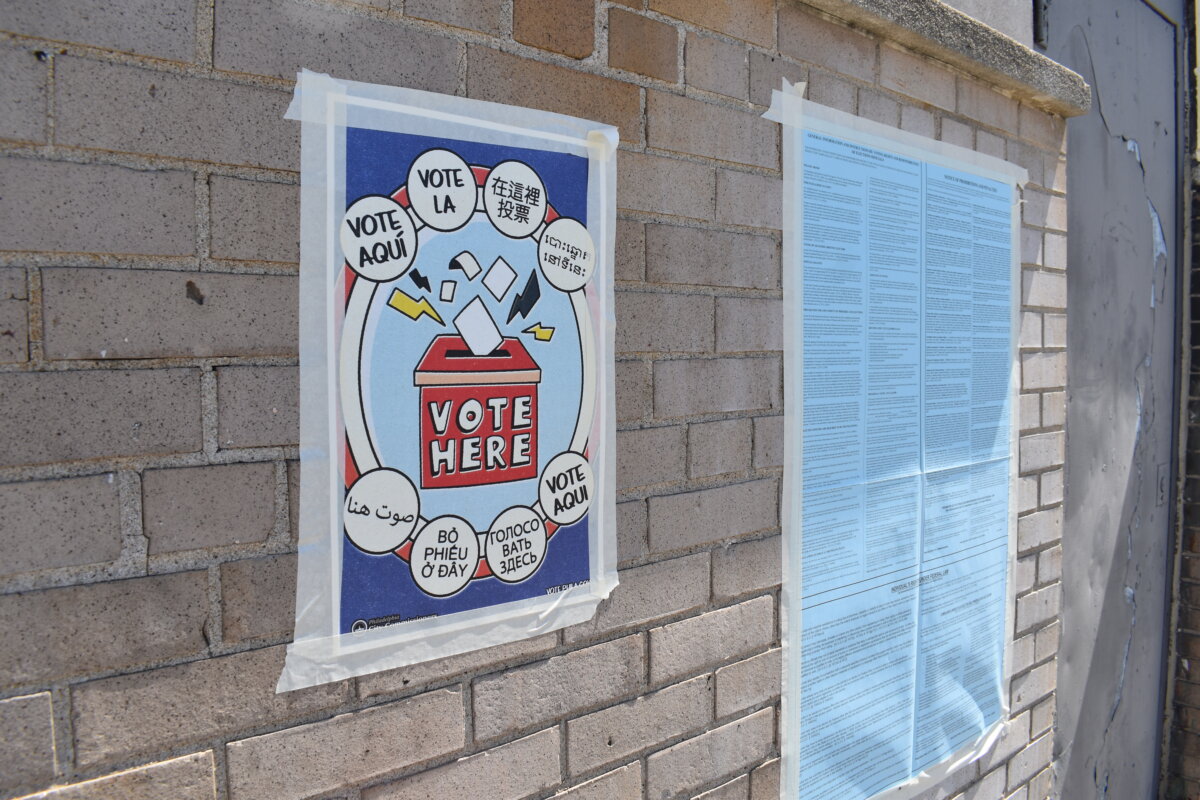TORONTO – A new study by the Centre for Addiction and Mental Health shows some 29,000 Ontario middle and high school students report behaviours linked with problem gambling.
Dr. Robert Mann, the study’s lead researcher, says close to three per cent of students in Grades 7 to 12 showed signs of a gambling problem, such as gambling more than they planned to or skipping school to gamble.
Those students also reported higher rates of substance abuse, delinquent behaviour and suicide attempts than the general student population.
The study released Tuesday is the latest to call attention to an addiction experts say is often overshadowed by well-known vices such as drugs, alcohol and cigarettes.
High-profile televised poker tournaments, family trips to the racetrack and video games all contribute to a culture of gambling that can take teens down a dangerous path, says Dr. Bruce Ballon, head of the centre’s teen clinic for problem gambling, gaming and Internet use.
“Even though it seems very minor and fun, they’re being primed and trained to think gambling is a natural thing without thinking about what that means,” he said.
The findings show there is real harm involved with gambling and it needs to be addressed in the home, in schools and in society as a whole, he said.
One of the study’s goals is to spotlight other risky or destructive behaviours that often go with problem gambling, said Mann, the researcher.
“If you look at the general population of students, about 26 per cent have some kind of issue with some kind of substance, whether they reported a binge drinking pattern, which is relatively common, or using cannabis or some other drugs,” he said.
“Among those with a gambling problem, it turns out 68.5 per cent have a problem with a substance like alcohol or cannabis.”
Problem gamblers admitted to stealing, vandalizing property and selling drugs. They were 11 times more likely to carry a handgun or get involved in a gang fight, and 20 times more likely to sell drugs other than cannabis, according to the study.
“There’s a consistent theme here about these students involved in delinquent behaviours related to obtaining money,” Mann said.
Even more troubling, students reporting a gambling problem were approximately 17 times more likely than their peers to have attempted suicide in the past year. About a quarter of problem gamblers said they had tried to kill themselves, compared with about two per cent of the general student population, Mann said.
Nearly half of the students participating in the study took part in at least one form of gambling over the course of a year, usually betting on card games or buying lottery tickets.
The information was collected in 2009 through the centre’s Ontario Student Drug Use and Health Survey.
About 9,000 students across Ontario took the survey and roughly half filled out the gambling questionnaire.
















